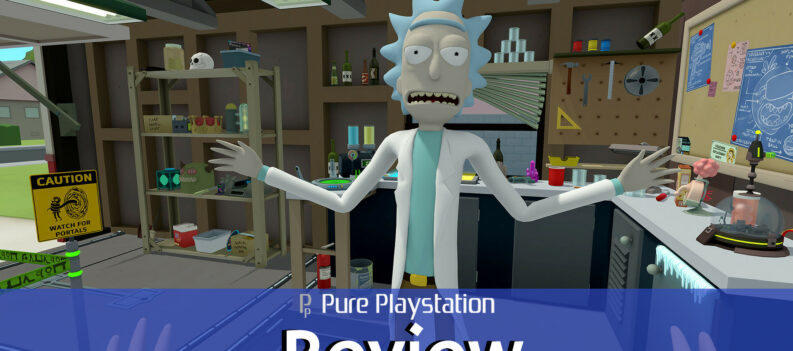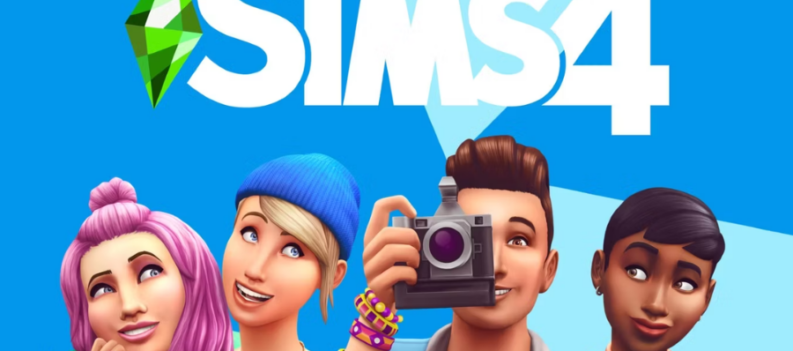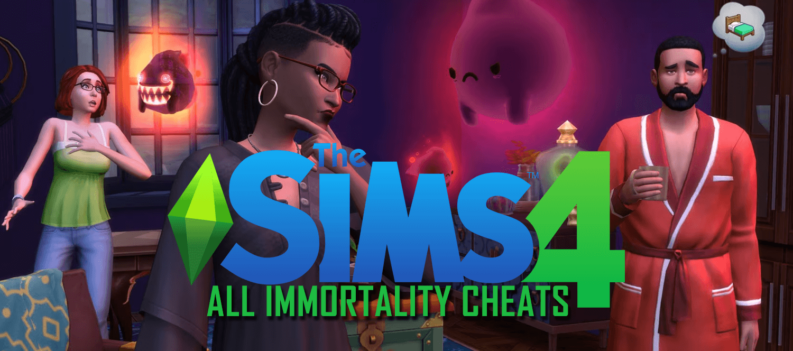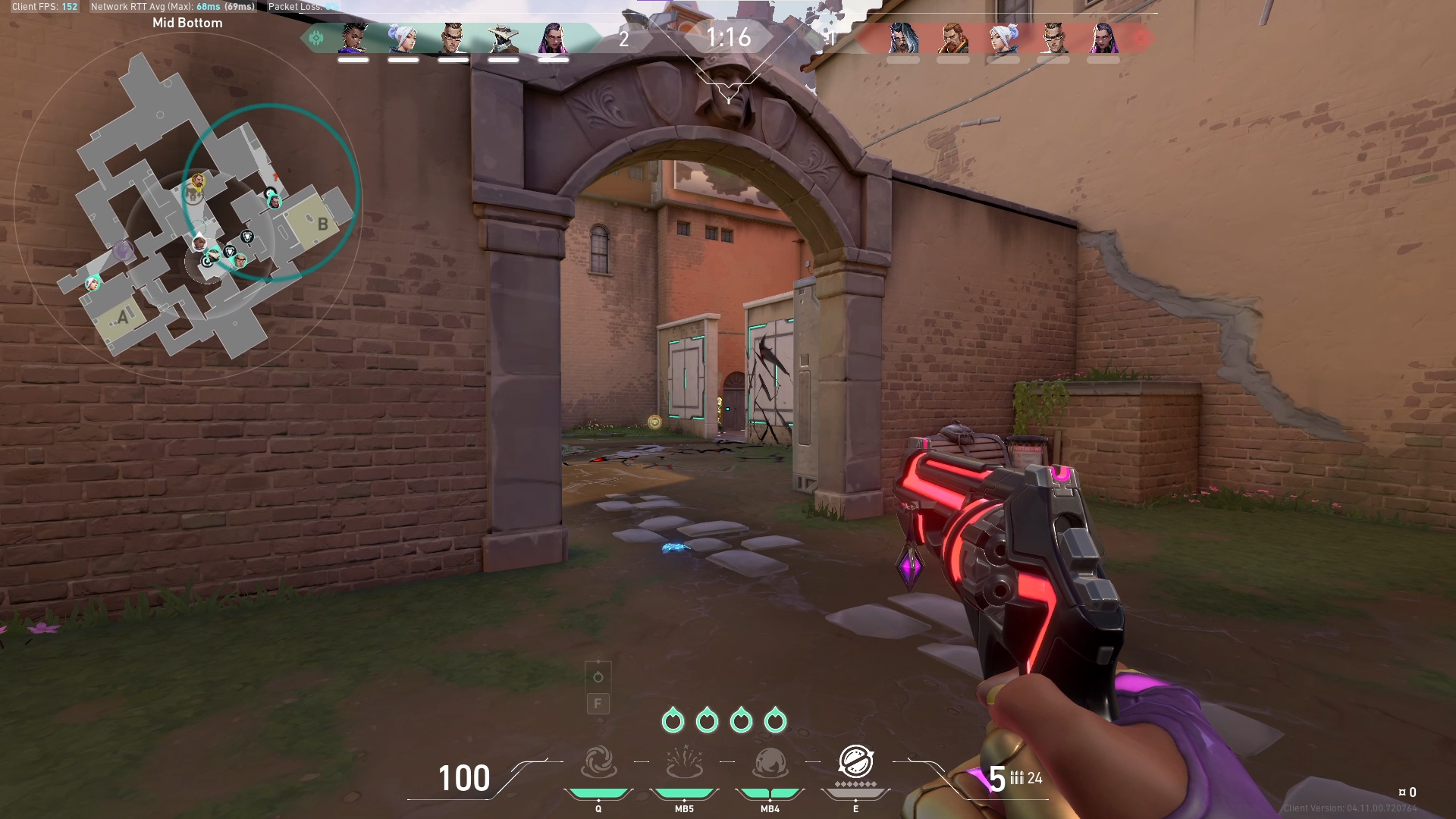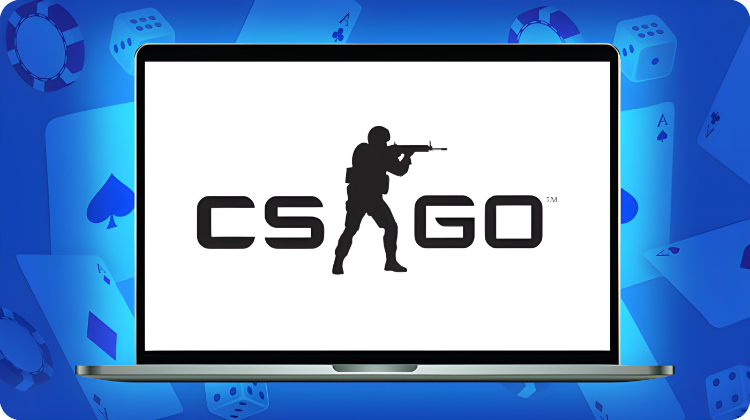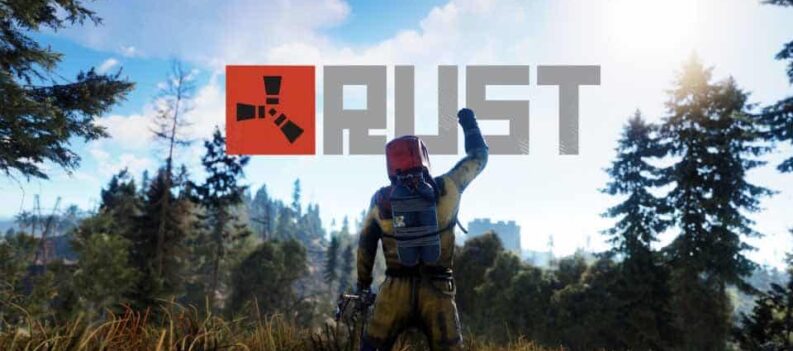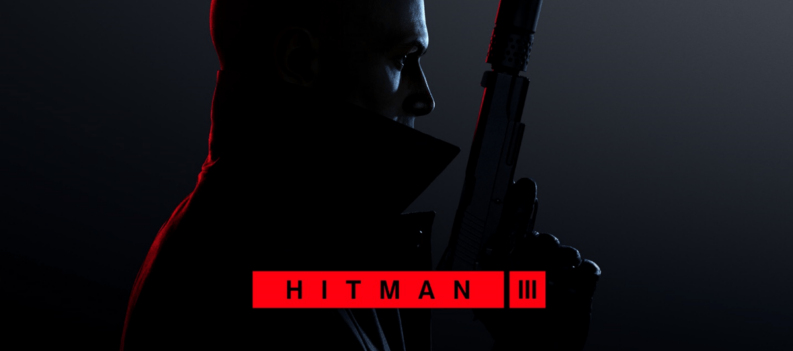Heavy Rain is still my favorite Quantic Dream title to date. It showed how far love and determination can take you and how serial killers can truly be sick psychopaths. Detroit: Become Human has a similar aesthetic to me as well. Except this time it plays on the convention of what I sadly already know. That the human race can be a despicable dirt heap that discriminates the hell out of anything that’s different. David Cage has a love him or hate him public opinion about similar topics, but being, at the very least, a small fan of his work, I still went headlong into this latest outing. Will this be another choice based adventure that shines or one that sinks? Or one you’ll hate anyway because David Cage is “overrated?”
Detroit: Become Human has three main characters, for better or worse, in a futuristic, 2030s Detroit, Michigan. Kara is a servicing android who was recently repaired due to a “car accident” and brought back home to her owner, Todd. This wonderful excuse for a human being also has a daughter, Alice, whom Kara immediately grows close to. Sadly, this situation isn’t quite the best and it’s up to the player to decide how things will turn out for the pair. Naturally, things can go south pretty quickly or begin a desperate quest for freedom. Such is the nature of these types of games. Markus is a jack of all trades android for an older, kinder gentleman who’s made a name for himself in the art world. Here the player must navigate a fragile family situation and, of course, depending on player choices lead an equality revolution for his kind. Lastly, Connor is a highly sophisticated android that has been put on duty as a police investigator. Other androids have been rebelling against their owners and the company who manufactured them, CyberLife, wants that to stop for the sake of business.
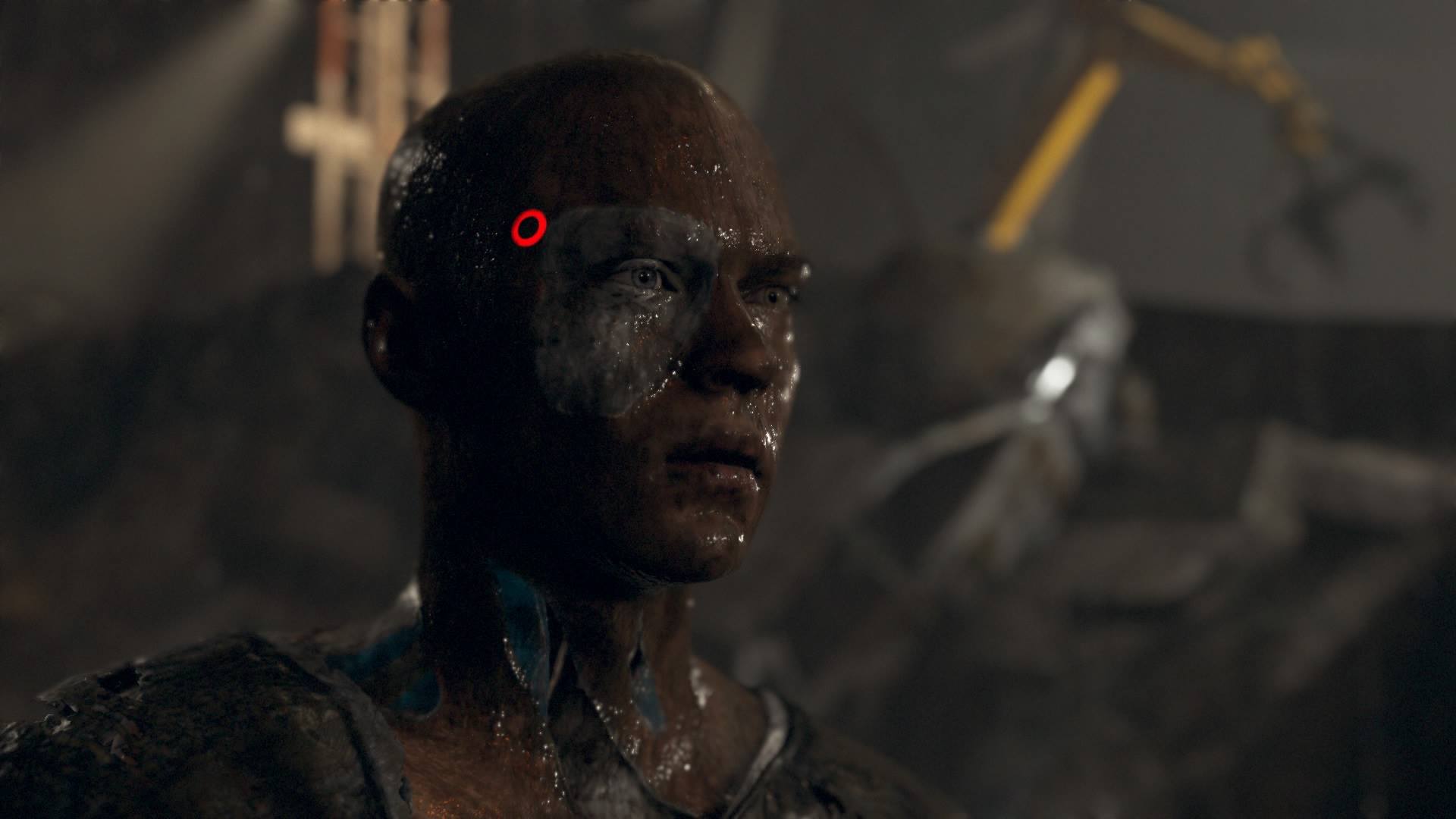
The world around you isn’t an optimistic one. The futuristic, Blade Runner-esque feel reveals a heavy-handed amount of discrimination and hatred towards androids. Even though they’re smarter, tougher, and do menial work for humans, they’re treated like garbage by society. And I’m not talking like there are as many nice people as there are bad ones. Nearly every single human character you’ll meet, important or not, will be against our synthetic counterparts in every regard. At least at first. Elsewhere technology has advanced to the point of self-driving cars, automatic shops, and compact, military drones used by law enforcement. Other than that life is pretty much the same and nothing compared to how near-future sci-fi has gone.
The story itself is passable and can be genuinely interesting at times. However, until it gets to an action or tense scene, this game can play like a slow burn, thriller novel. I know there are many different people on both sides of the fence if this is enjoyable or not. Let me say I don’t regret experiencing this philosophical tale even if some parts can be considered fluff pieces. Honestly, I felt that the plot would have been better had it focused on one character or at the very least multiple characters in the same location at most times. The pacing kind of takes a hit bouncing from one person to another. Especially when our main guys don’t really interact with each other until the end. Lastly, I’m not a college graduate in philosophy and I will say I did enjoy some of the questions raised here. Although I feel like it didn’t truly shout the message it was going for. Kind of like the morale of the story was only skin deep.
As far as player choices and how they impact that overall story, Detroit: Become Human does more than most. Each level will have anywhere from two to five outcomes and choices that are made can affect the overall story to an extent. It’s a no brainer that your main and side characters can die, at specific points, but certain dialogue, knowledge, gameplay possibilities, places to explore, relationship dynamics, and generally how things progressed are directly influenced by us gamers. It is nice that we are truly crafting our own investigation, revolution, or survival attempt in our own image. However, in typical fashion the end result only has a few variations. Lacking knowledge in one path or a failure to do something in a majority of levels won’t keep players away from the big picture. Even losing certain characters won’t change much in the grand scheme of things. By no means a total downside, but something that is inherently noticeable. With that said there are still a boatload of small to medium paths to take in any given chapter.
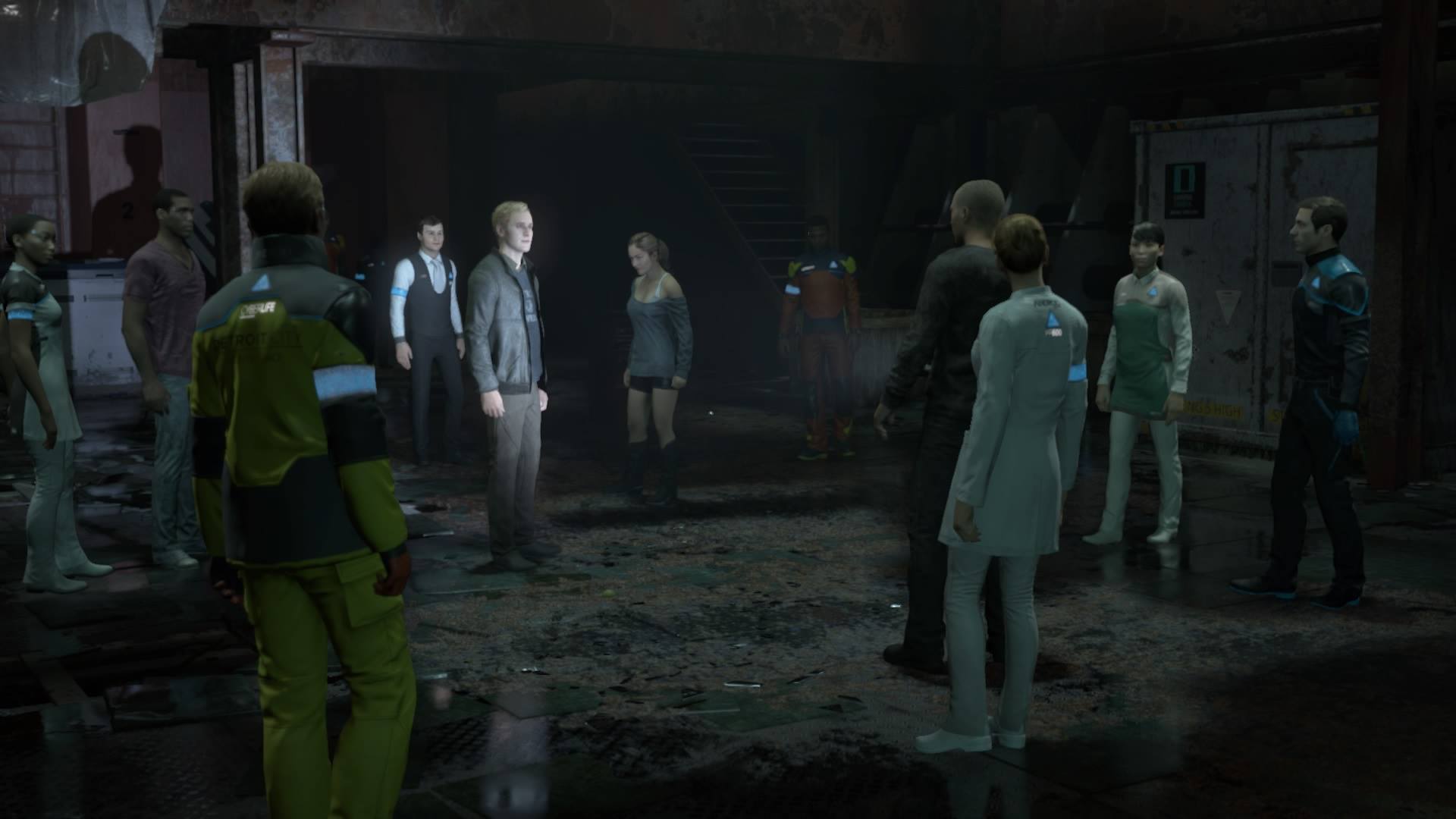
Gameplay is familiar with anyone who’s played a Quantic Dream game before. Nearly every action will be a quicktime event or a button press here or an analog stick flick there. You’ll utilize the touchpad, triggers, R1 and L1, the shape buttons, both analog sticks, and even the motion control in your DualShock 4 to perform a simple on-screen prompt. For the most part you won’t feel rushed to meet the required button presses, even in tense scenes, and it does have a nice pace to what you’re doing. Like the games before Detroit: Become Human, you will be asked to perform a prompt for some mundane or ridiculous things. It still can be monotonous at times when you’re not in a heavy story mission or a dramatic one. There will also be dialogue selections which can minutely effect a conversation or relationship over time with a draining bar timer. Again I never felt rushed and the time limits implemented were appropriate. These things may not be new to us gamers by now, but these simple actions are still far from boring to perform.
Detroit: Become Human’s best traits are easily the technical aspects. The game is gorgeous and will probably have many a person using that PS4 share button in excess. Weather, surroundings, faces, hair, clothes, and artistic designs are just beautiful. Voice actors were also superb and simply sublime. Not one time did I find an instance where these people weren’t doing their very best. Come awards season I’m hoping to see a few names here crop up on the many lists that are sure to be created. Last but not least, the soundtrack is pretty wonderful too. So much so that I kept the game’s soundtrack on my dashboard from my digital pre-order. We’ll see if it reaches the level of being on my personal listening devices in time.
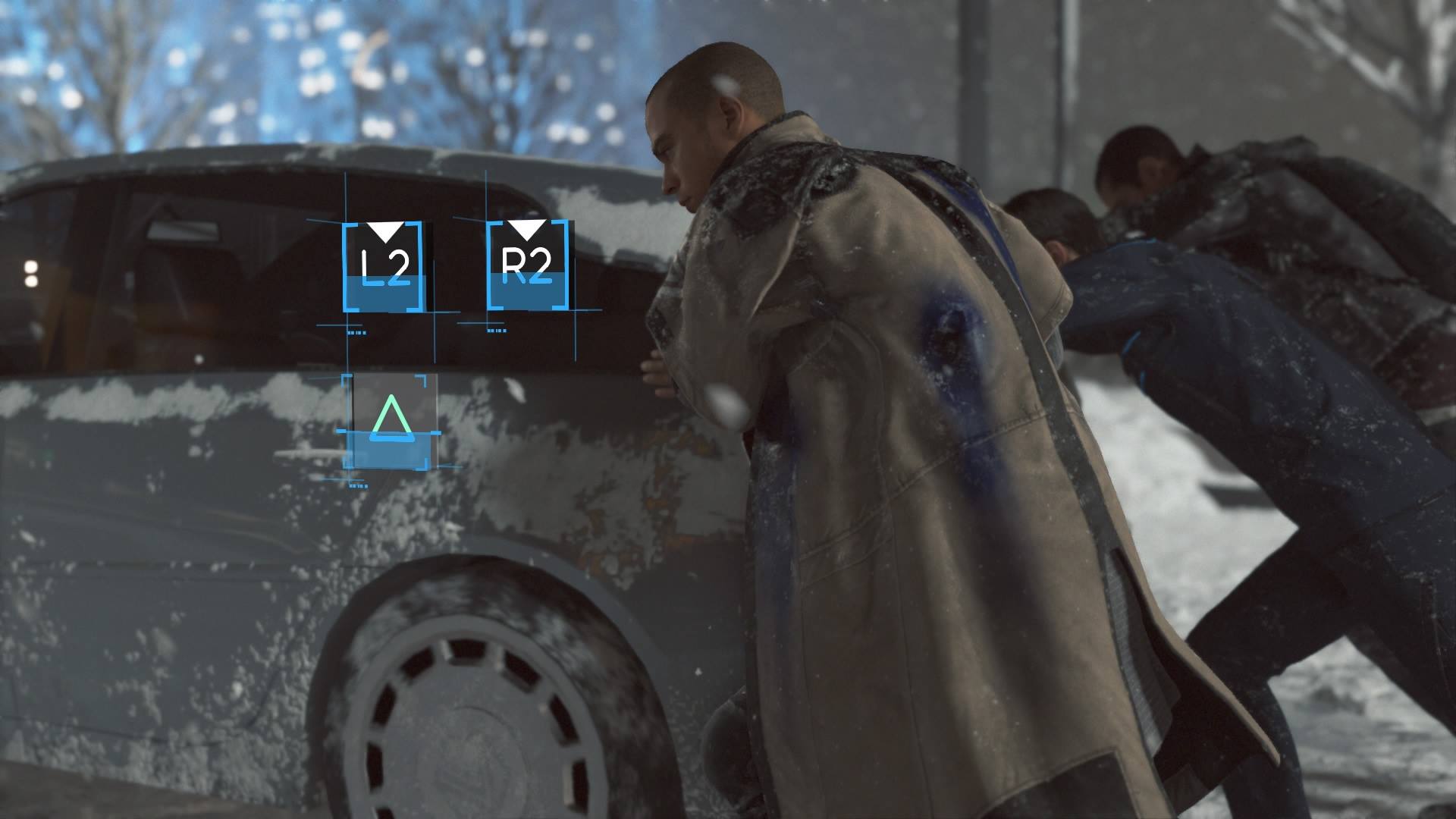
I’m still trying to figure out where this next point stands on the good or bad list. While not every single choice you make will have a profound effect on the story (as mentioned above) I felt that my choices and endings were unique enough to the point where I didn’t want to spoil them by playing through the title again. I did redo a few chapters because I personally didn’t like how things went down, but I don’t see myself starting a new game from scratch and playing completely different. Again it’s not something I regret and I did enjoy my twelve hours of time in Detroit: Become Human.
As simple as I made the gameplay sound, there were still frustrating camera and detection issues. Characters would get in other characters’ way or a correctly done prompt would react like you failed. What’s the most annoying though is if you stop performing an action before it finishes, you can’t quickly do it again. You have to wait until the game resets itself for you to try again. At other times a necessary prompt didn’t even appear while walking through the many small areas the game offers for exploration. It really was annoying when the only way to progress forward gameplay wise didn’t work right away.
Detroit: Become Human PS4 Review
-
Overall - Very Good - 7.8/107.8/10
Summary
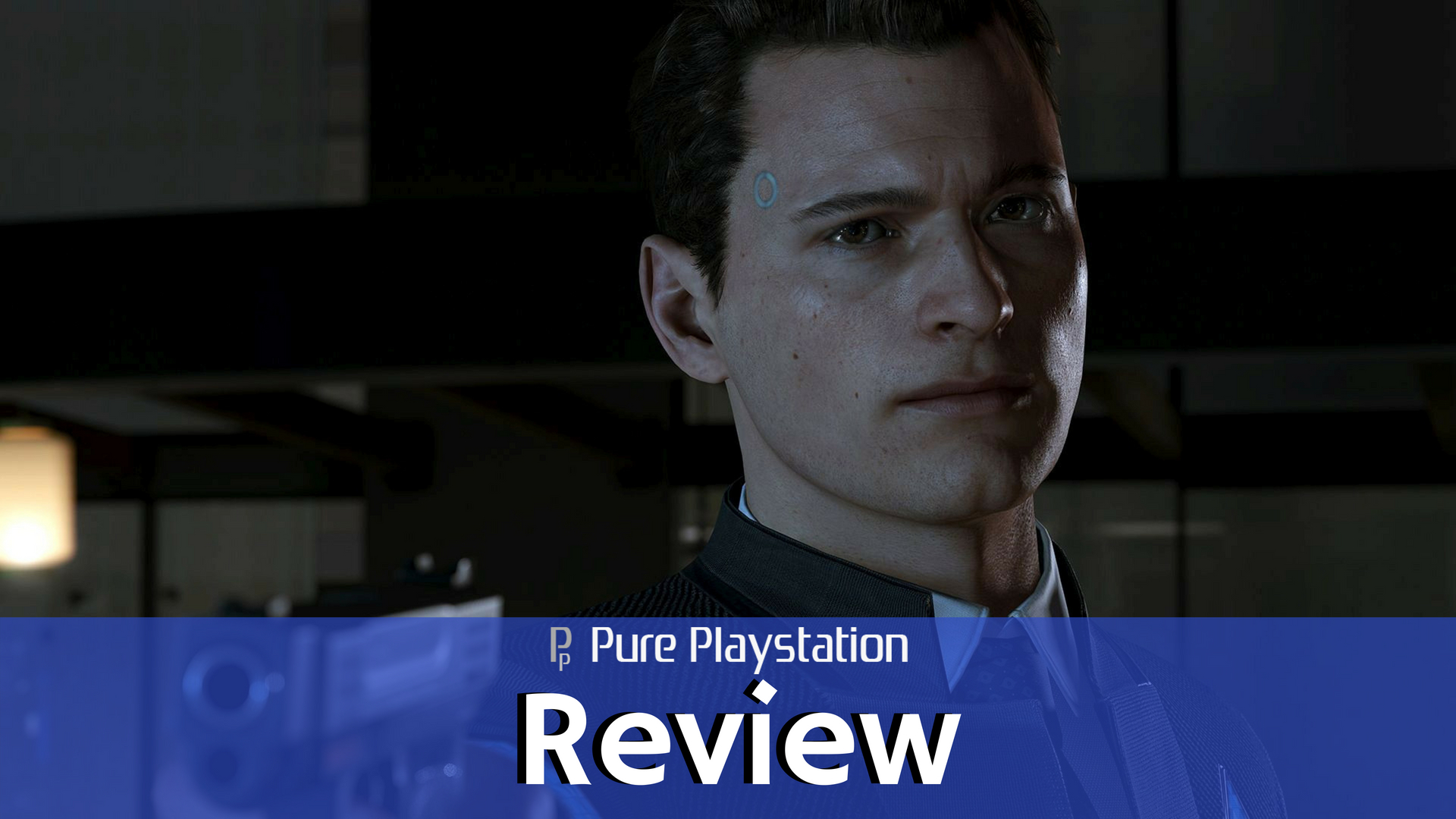
Detroit Become Human is still a reasonably fun affair that I enjoyed selecting my way throughout. It’s not going to convince people that video games are masters of storytelling, there are plenty of other great experiences for that anyway, but I do believe all PlayStation 4 owners should try this title when the price is right. Gameplay is largely unchanged from Quantic Dreams’ previous works, but the graphics, voice acting, and soundtrack are amazing. If only David Cage could create something with substance. Then this game could have been truly special.
Review Disclaimer: This review was carried out using a physical version of the game bought at retail at the expense of the reviewer. For more information, please read our Review Policy.
Reviewed on base PS4.


